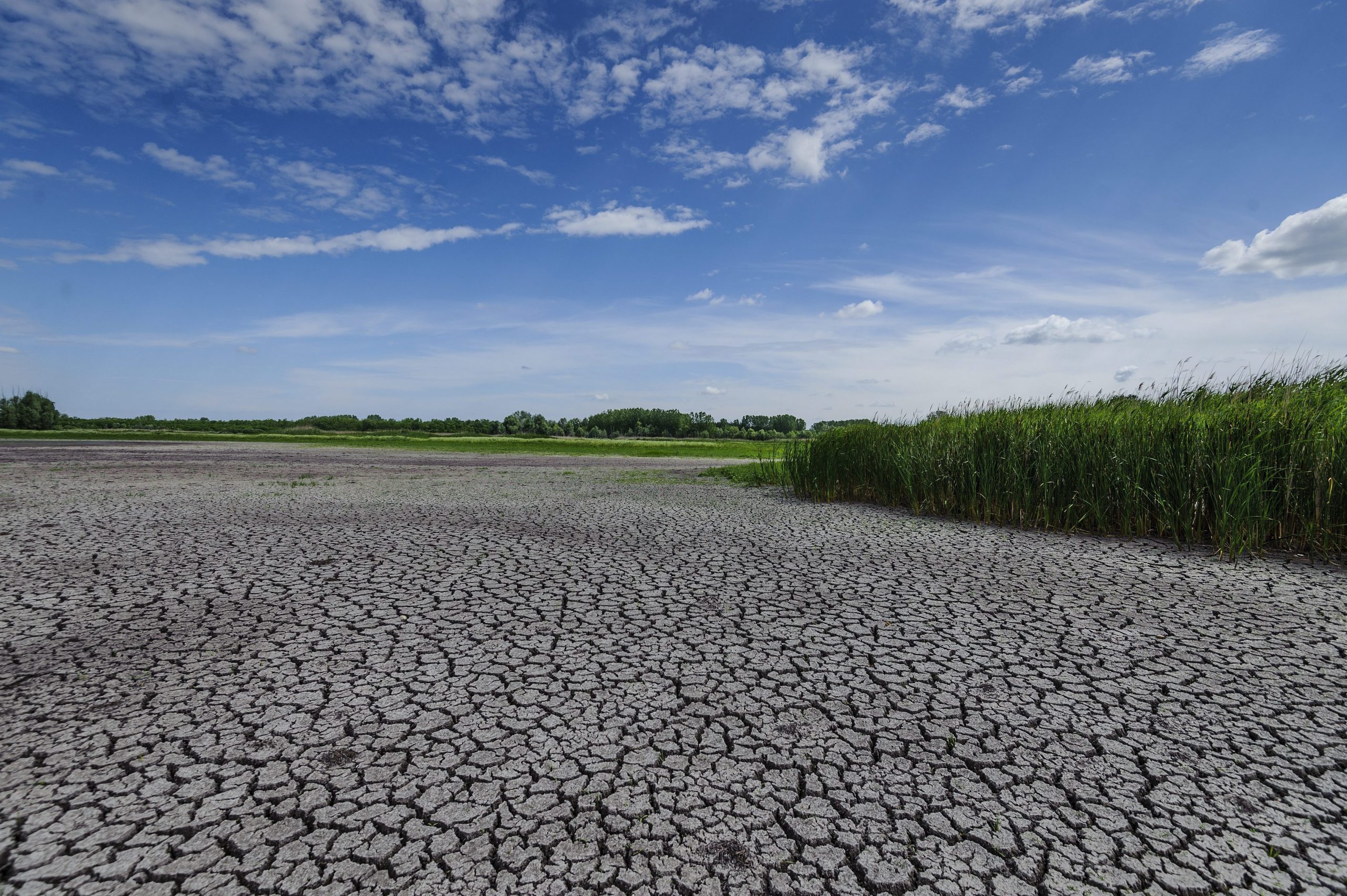
The former national and Budapest records for June 23 had not been broken since 2002.Continue reading

The United Nations Intergovernmental Panel on Climate Change (IPCC) report is not an announcement of the end of the world, but it is another straightforward warning that the serious consequences of climate change await us on our current path. The report makes it very clear, with scientific proof, that humans are unnaturally causing the planet to heat up. In Hungary the heat records are already being felt, and both crops and infrastructure are in danger.
The IPCC report, authored and accepted by 234 scientists and 195 governments, is made up of three parts. The first, which was published on Saturday, shows how continued, unnatural human impacts to the environment, including extensive fossil fuel use and carbon emissions, could lead to heat levels with devastating consequences as well as a continued rising sea level.
If emissions do not change, every model of the report shows that the planet’s average climate will certainly increase by 1.5 degrees Celsius until 2050. According to Central European University climatologist and vice president of IPCC’s third working group, Diána Ürge-Vorsatz, Central Europe is expected to fair below average in the environment of the future.
There have been plenty of warnings in Hungary regarding the heating up of the planet. Multiple heat alerts have been issued, and the increase of average temperatures has been consistent. Based on IPCC’s report, these records will only get worse.
According to IPCC’s interactive map, Central Europe is expected to be 1.5 times more drastically impacted than the world average. Ürge-Vorsatz emphasized that “radical” changes need to be brought into effect immediately to turn things around, otherwise the world risks surpassing the 1.5-degree threshold within two decades.
There is no time to wait and negotiate if we want to avoid overshooting the problem, and we cannot sit and speculate that in the future technology will help us overcome this.”
With regards specifically to Hungary, the climatologist explained that the heat alerts and extreme weather will become more frequent and more intense, despite there being no increase in the amount of precipitation reaching Hungary.
Ürge-Vorsatz added that the floods in Belgium and Germany as well as the forest fires seen in Southern Europe can be expected to be a part of daily life in Hungary in the near future. The increased risk of fire is not only worrying for human life and the economy, but for access to crops.
The climatologist also believes that the European Union’s Fit for 55 plan, which would reduce carbon emissions by 55 percent by 2030, should aim even higher. Ürge-Vorsatz believes there is a need for even lower emissions by EU states, since the world needs to be emission-free by 2050 in order to maintain the Paris Climate Accords’ goal to remain bellow 1.5-2-degree global warming.
The EU needs to take into account that developing nations do not have the same opportunities to reduce their emissions in the way that developed nations can, she concluded. With little access to clean water and sustainable energy alternatives, Ürge-Vorsatz emphasized that these nations require more leeway on the road to zero emissions.
Featured photo illustration by Zsolt Czeglédi/MTI